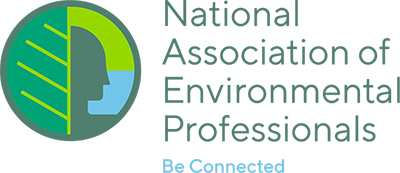were like – I will have to speak
in a forgotten language.”
--W.S. Merwin
Becoming human is the most honorable task of our lives. Our family, friends and our selves benefit as we grow. When we accept what we don’t know, the realization of unknowing grows our capacity to learn, to love, and to demonstrate our resourcefulness and reverence for life. As humans we have the opportunity to create the world we live in; to create it in a way that our very existence is involved in ongoing appreciation of the land around us – the land our children and grandchildren will inherit. As W.S. Merwin says, we must speak a renewed once forgotten language; create a new paradigm for this century based upon sense of place, ecological balance, and managing the land with artistry and imagination.
So what will move us to truly know our unflappable orientation toward the earth when we lose our connection with the earth and the interrelatedness of all life? U.S. poet laureate, author, and prominent member of the Muscogee Creek Nation Joy Harjo, in her book How We Became Human, states “there is no separation between human, animal, plant, sky and earth.” As environmental professionals we have seen first-hand global deforestation, air and toxic waste pollution, groundwater contamination, urbanization gone of its natural surroundings, and many social inequities and injustice. These real images of environmental degradation on the landscape are reflections of our social mirror in the way we treat ourselves and one another. When we unfairly compete, argue, live in fear, we destroy the land; as we collaborate, cooperate, love, we heal the land, and our beings’ inner landscape begins to be reflected in the outer landscape. Expressed in another way, when we become capable of immediately experiencing the entrancing presence of our natural surroundings, we move toward a more conscious simplicity in both our inner and outer lives.
The first poem I wrote as a teenager was titled, “The Waterfall Knows.” It was written on a trip to South Carolina with my parents to visit my brother who was in basic training for the Illinois National Guard. Being the silent teenager that I was I had taken a walk from the motel into the nearby pinewoods. Soon I found a small waterfall to sit next to and I enjoyed the sound of the falling water. Soon I felt a surge inside me that moved me beyond nature in the abstract, beyond nature in the obvious, to the specifics of that human moment, the realization there was something greater than myself that was held within nature, something boundless that would continually move me beyond the edges of possibility.
There is a place near the farm where I grew up that I still like to go and just observe; the wooded bluffs overlooking the lower Salt Creek and Sangamon Rivers. For me this is a common comfortable place with a grand view of the central Illinois landscape. Every time it opens me to the beauty and the complexity of nature. Like the wisdom of the waterfall I know the intimacy of this place and its seasons – its harshness, its gentleness. Perhaps it’s time for all of us to return to our native soil, our root spring, our inner world of spontaneous wilderness, of dawns and sunsets, of birth and rebirth, of wind, rain, and prairie grasses, of forests, deserts, mountains or wherever it is we embrace the expectations of our lives. For I believe what we want everywhere is harmony with our surroundings, to live with grace among those we love. Think of the light that shines into and through our lives when we remain close together. We are alive and awake to the moment, we are loving to all. For in this is the beauty and peace of the lived life. Remain intimate; be and stay curious.
Ron Deverman, NAEP Fellow



